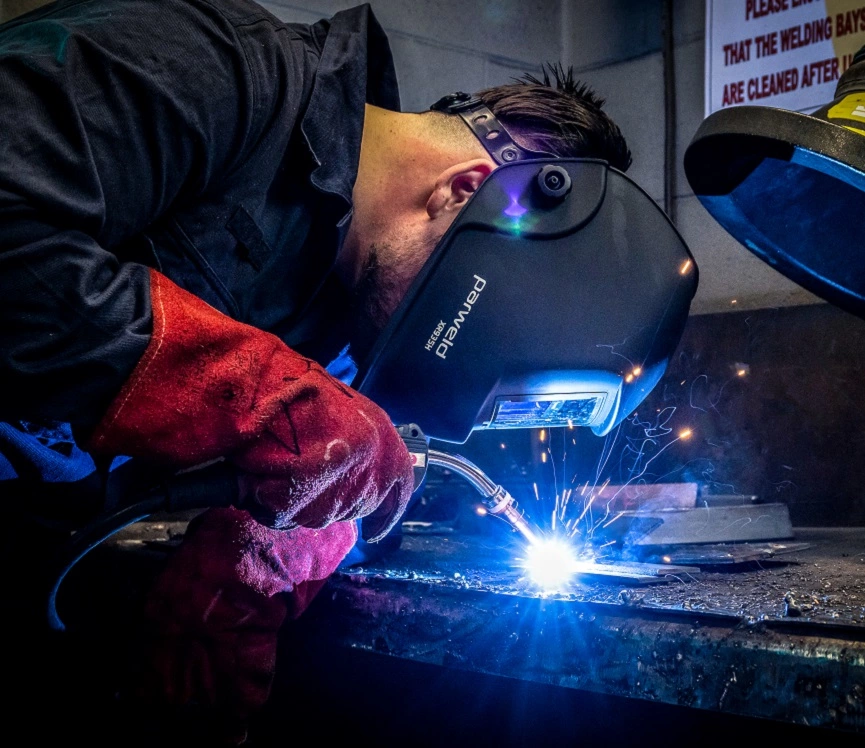- Courses
- Courses
- Subject areas
- Subject areas
- A Levels
- Access to Higher Education
- Animal Management
- Applied Science
- Art & Graphic Design
- Beauty Therapy
- Bricklaying
- Business, HR & Accounting
- Carpentry & Joinery
- Computing & ICT
- Construction
- Courses for jobs (Adults)
- Creative Media
- Electrical Installation
- Engineering
- ESOL
- Foundation Education
- Hairdressing
- Health & Childcare
- Home Energy Centre
- Hospitality & Catering
- Institute of Technology
- Medway School of Arts
- Motor Mechanics
- Multi-Trades
- Music Production & Performance
- Online Learning
- Performing Arts
- Plumbing, Heating & Gas
- Public Services
- Sport, Fitness & Leisure
- Sustainable Construction Skills
- Teacher Training & Education
- Travel, Tourism & Aviation
- University level & professional courses
- Which course is for me?
- T Levels
- How to apply
- Study programmes
- Level 3 free courses for jobs
- Adult college courses
- Testimonials
- Apprenticeships
- Apprenticeships
- Apprenticeship vacancies
- Accountancy apprenticeships
- Business administration apprenticeships
- Construction trade apprenticeships
- Construction & civil engineering management apprenticeships
- Customer service apprenticeships
- Engineering apprenticeships
- Mechanic apprenticeships
- Apprenticeship Reforms & the Apprenticeship Levy
- Employer information
- Employers
- Help & advice
- News & events
- About us
- About us
- Maidstone Campus
- Medway Campus
- University Centre Maidstone
- MKC Training
- Jobs at MidKent College
- Term dates
- Leadership
- Governance
- Equality & diversity
- Strategic priorities
- Partner network
- Policy and privacy information
- Ofsted Reports
- Alumni
- Contact us
- Alumni

Applied Science study programmes
Our study programmes in Applied Science are the perfect combination of academic study and work-based learning. Study in areas including biochemistry or forensics.
Applied Science
Whether you are looking to study at higher education level, want to progress onto a science-based university course or are looking to enter employment within the science industry, these MidKent College programmes will provide you with the practical and theoretical knowledge you need.
-
What will I learn?
Build on the science you learnt at school with the practical and theoretical knowledge you need to work in a laboratory, or to go on to university. You’ll become more confident in the use of a wide range of analytical tools adopted within scientific research and the science industry. Areas of study are broad and varied, and include topics such as the solar system, medicine or the human body.
Why choose a MidKent College Applied Science study programme?
All of our tutors have relevant industry and/or research experience and so are the ideal people to advise you of your employment or university route.
The T Level in Applied Science will provide you with key experience within the industry, giving you the employability skills employers are looking for.
What facilities and trips are available?
You’ll broaden your scientific knowledge by getting involved in trips to CERN, South Africa and the Centre for Alternative Technology in Wales. You’ll also visit The Royal Institute of Biology, the Natural History Museum and the Science Museum. The College has two biology labs, two chemistry labs and one physics lab, purpose-built and equipped to university standard. Students also regularly take part in community projects and competitions, getting involved in the world of science outside of College.
You'll also have the opportunity to use our brand-new anatomage tables. These allow you to have an interactive 3D approach to anatomy and physiology of the human body seeing everything from our skeletal system to muscles, nerves and organs!
How is English & maths involved?
If you’re aged 16-18 English and maths will be a vital part of your study programme. You’ll study both subjects at a level which is appropriate to you. You’ll need these skills within laboratory experiments or when producing reports on your findings.
What have past students gone on to do?
Our Applied Science students have progressed into a huge range of careers varying from chemical engineering, nursing, pharmaceutical science, biomedical science and anthropology. Many of our students have progressed to university to take their studies further after College.
What can I do afterwards?
A programme in Applied Science will prepare you for a variety of worthwhile roles, including pharmaceutical scientist, pharmacist or radiographer. Or have you considered being a laboratory technician or chemical engineer?
What’s the difference between an Applied Science course and a study programme?
Traditionally you may have studied an Applied Science course, where you would only study the qualification, such as chemistry, biology and physics. An Applied Science study programme is so much more than an Applied Science course!
This change to study programmes is due to national feedback from employers saying young people need to have more than just a “qualification”; they need to have the skills to work in their chosen industry. A study programme encompasses the subject qualification, English and maths skills as well as work experience and personal development skills.
Contact us
By phone: 01634 402020
By email:
Contact us online
Courses
Title
Level
Study Mode
Start Date
